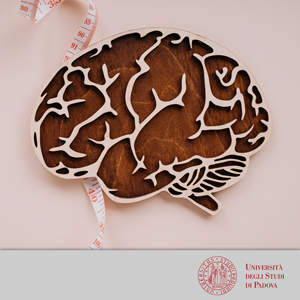Proponiamo in questo corso un viaggio nel mito dell'immagine di Napoli, una delle città più 'ritratte' al mondo per la bellezza del sito, dei monumenti, del paesaggio urbano e naturale. Dal 1995 il CIRICE, Centro Interdipartimentale di Ricerca sull'Iconografia della Città Europea dell'Università di Napoli Federico II, fondato da Cesare de Seta e diretto da Alfredo Buccaro dal 2011, ha selezionato, schedato e analizzato migliaia di immagini della città, del suo territorio e del fantastico paesaggio del Golfo, oggi consultabili in rete. Si tratta di un repertorio prezioso per quanti si accingano ad approfondire l'evoluzione della città e delle sue parti, delle sue architetture e degli spazi urbani e suburbani, che va dalle prime rappresentazioni quattrocentesche ai 'ritratti' mirati della propaganda vicereale o a quelli devozionali, in forma di profili o vedute a volo d'uccello; dalle mappe 'pre-catastali' ai primi rilievi topografici settecenteschi, dalle piante dei quartieri storici a quelle del suburbio, del contado e del Golfo del XIX secolo, dai dipinti dei 'posillipisti' alla fotografia aerea e alla cinematografia storica, documentaristica o artistica. Uno spaccato completo, un libro aperto delle immagini urbane, degno corredo alla narrazione delle trasformazioni della città nel corso dei secoli dell'età moderna e contemporanea.
L'analisi dei grafici - manoscritti, dipinti o incisi - viene condotto con riferimento alle diverse tecniche adoperate, alle finalità dell'immagine, ai contenuti e ai dettagli della struttura urbana e suburbana rappresentata, al ruolo degli autori nello scenario della produzione iconografica dal XV al XX secolo, attraverso un repertorio che mostra l'intera evoluzione della disciplina dal vedutismo alla cartografia, dalla raffigurazione sintetica, o addirittura di fantasia, a quella scientifica e topografica.
Si ringrazia la Biblioteca Nazionale di Napoli che ha permesso di ambientare i video nelle loro sedi prestigiose; un ringraziamento particolare va poi al personale per la collaborazione offerta durante le riprese.

